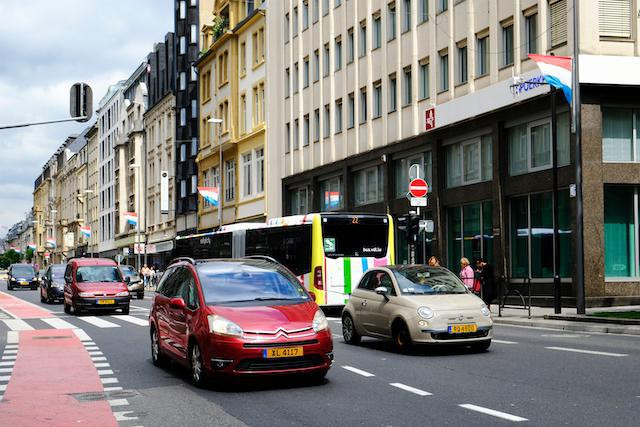The signatories include 21 national associations as well as the European Automobile Manufacturers Association (ACEA) and European Association of Automotive Suppliers (CLEPA).
In the communiqué, the leaders warn of “catastrophic consequences” which would result in the case of a no-deal Brexit, including triggering “a seismic shift in trading conditions, with billions of euros of tariffs threatening to impact consumer choice and affordability on both sides of the Channel.”
They argue there could be a costly disruption to the current operating model. Additionally, “WTO tariffs on cars and vans could add €5.7 billion (£5 billion) to the collective EU-UK auto trade bill, raising prices for customers if manufacturers cannot absorb the additional cost,” they write.
CLEPA’s secretary general, Sigrid de Vries, added, “The European automotive industry is operating highly integrated global supply chains. A single vehicle consists of around 30,000 parts many of which cross borders multiple times. Frictionless and tariff-free trade, as well as regulatory certainty, is vital.”
According to ILEA, its members generate sales turnover of over €1.5bn annually, and the UK is among its top export countries. While Luxembourg’s automotive industry employs some 9,000 people, around one in 16 of the EU workforce works in the sector (13.8m people total), contributing to the production of over 19m vehicles per year.
